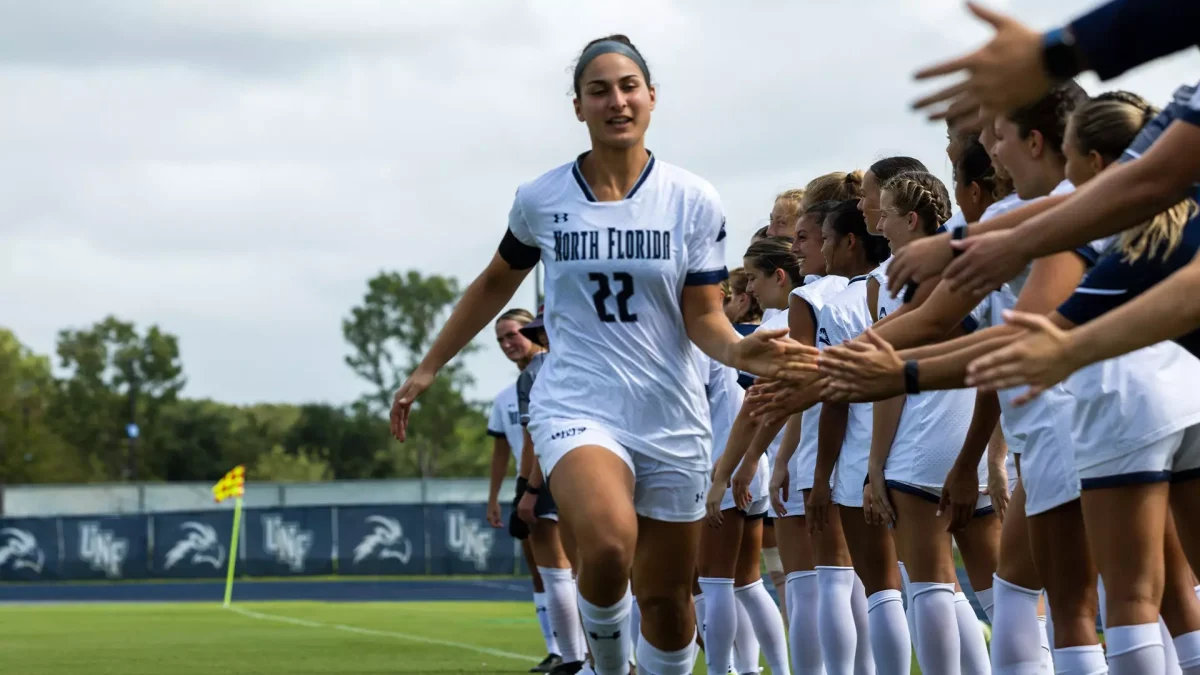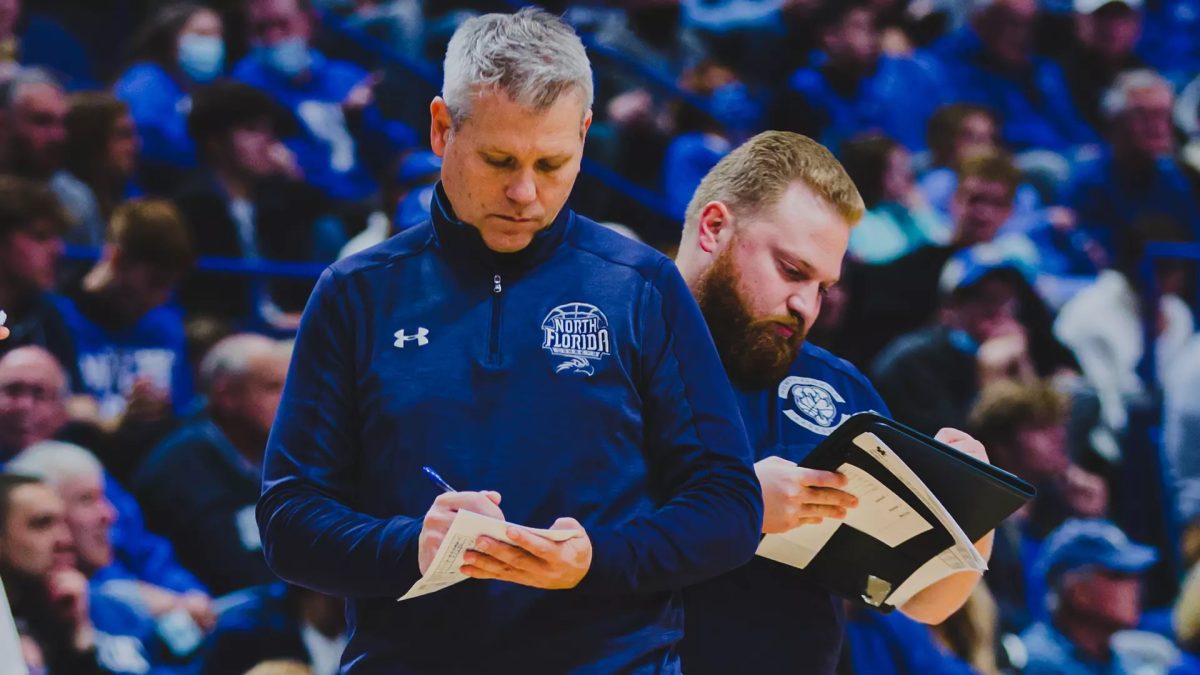The 9.0 magnitude Tōhoku earthquake and tsunami that rocked the coast of Japan March 11 has claimed the lives of nearly 10,000 people while over 13,000 remain lost, according to Japan’s National Police Agency.
Estimates of the earthquake’s magnitude make it the most powerful known earthquake to ever hit Japan and ranks it as one of the most powerful in the world overall since modern record-keeping began in the early 1900s.
The earthquake triggered extraordinarily destructive waves of over 30 feet, according to Japan’s Meteorological Agency, which went up to six miles inland, in some cases.
Mei Kaminyama, a UNF English student and Japanese native, was taking the UNF shuttle to school when the devastation hit. She was unaware her family in Tokyo was enduring a natural disaster.
It wasn’t until a friend called and told her what had happened that she turned on the news and saw the destruction for herself .
“I couldn’t believe it,” she said. “There was so much devastation.”
For a while, Kaminyama was unable to reach her family, but when she did it was a relief to hear they were OK, she said.
Still, Kaminyama is trying to help her country any way she can.
With cookies in mind, Kaminyama holds bake sales outside both Wal-Mart and her apartment. Last week, she said she raised over $500, which was donated to the U.S.-Japan Council Earthquake Relief Fund.
Kaminyama said people are used to earthquakes in Japan but not one of this magnitude.
It’s shaking people up, she said. Although the earthquake is over, tremors still shake the city, which frightens many that another may hit soon.
The aftershocks, Kaminyama said, follow Omori’s Law — which means aftershocks may continue for years, tapering off in time.
“They cannot relax,” Kaminyama said. “I worry about them.”
Japan remains in peril. People are struggling for essentials like food and water or gas for their cars. Trains are running infrequently due to bent tracks, making it difficult to get around.
Kaminyama said her family spends much of the day waiting in line at the grocery store, many of which are nearly barren.
Shinji Hoshiyama, an international business junior, said he wasn’t aware of what had happened until the following day when he checked the news.
The first thing he did was call his brother in Tokyo, he said.
“My brother thought it was the end of the world.”
The rest of Hoshiyama’s family live in Fukuoka in southern Japan and, like his brother, were unharmed.
Still, his family is concerned about what dangers may lie ahead, he said, with reports of nuclear reactors suffering explosions.
But they’re taking it one day at a time and trying to return to their normal lives, he said.
Hoshiyama said he plans on helping his friend Kaminyama in her efforts to raise awareness and contributions for the cause.
“That’s the least I can do,” Hoshiyama said.
Millions of households in northeastern Japan remain without power.
Aviation Boatswain Handler for the U.S. Navy, Andrew Hill, 23, is one of them.
Hill was eating breakfast at his apartment in Yokosuka-shi when he felt the earthquake hit.
“It was by far the scariest moment of my life,” the Florida native said. “Everything started shaking a little bit – next thing you know, the furniture’s moving around and shit’s falling over – and I’m in my underwear running down eight flights of stairs trying to get the hell out of there.”
Hill said the Navy is helping any way it can, sending supplies to those in need.
The trains are a big concern, Hill said, which are Japan’s main motive of transportation, and those with cars are out of luck because gasoline is limited.
Still, as devastating as the conditions in Japan are, chaotic is not a word Hill would use to describe the Japanese’ mentality.
“The Japanese people are very calm people,” Hill said. “Everyone is helping each other out, people aren’t trampling over top of each other. People are working together.”
Kaminyama and her friends will host fundraising bake sales and Japanese character art at the Student Union Osprey Plaza throughout the rest of March and April.
The dates are March 26 from 9 a.m. until evening and April 7, 13 and 27 from 8 a.m. until 4 p.m.















